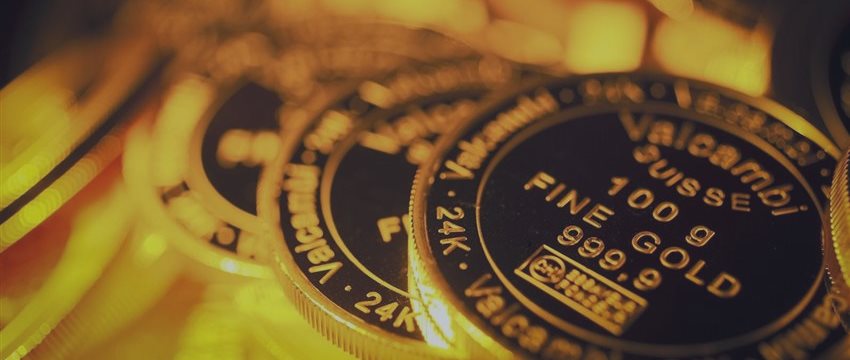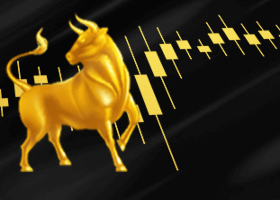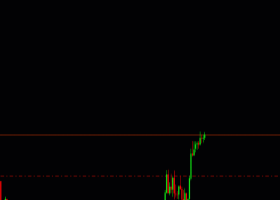
IMF: Holland increases gold reserves for first time since 1998, Russia buys for ninth month
The Netherlands added to its gold holdings
for the first time since 1998 as the ninth-biggest holder
boosted assets to the highest in seven years, while Russia
bought for a ninth month, International Monetary Fund data showed.
Gold for immediate delivery, which advanced 1.5 percent in
December, traded at $1,282.95 an ounce at 6:57 a.m. in London. The precious metal climbed 8.3
percent this year as a slump in commodity costs raised
speculation that the Federal Reserve may hold back from
increasing interest rates. Bullion held in exchange-traded products backed by the
metal have climbed 3.1 percent in 2015 after sliding for two
years, as concern global growth may be faltering boosted demand
for a store of value, as Bloomberg reports.
As IMF's website showed, bullion reserves in the Kingdom of Netherlands rose to 20 million
ounces or 622 metric tons in December, the highest since 2007,
after being unchanged at 19.7 million ounces from December 2008
through November.
Russia, with the fifth-biggest hoard, held last month the most in at least two decades - 38.8 million ounces.
Central banks globally are adding gold to reserves after
reducing holdings for about two decades from the late 1980s as
they seek to diversify assets, according to Oversea-Chinese
Banking Corp. Worldwide purchases would probably be 400 tons to
500 tons in 2014, the World Gold Council said in November.
“Central-bank purchases may have lent some support to gold
prices in the past, but it is likely short-lived,” said
Barnabas Gan, an economist at OCBC in Singapore.
“The most important point for gold is that speculative demand will likely stay tepid in 2015 given that a firmer dollar, higher interest-rate environment and a rosier U.S. economy will depress safe-haven demand,” he said by e-mail.
According to Goldman Sachs Inc., while buying by central banks excluding China is expected to continue, it’ll be at the more modest pace observed recently. A slowdown in Russia’s strong purchases would create downside risk, the bank’s analysts wrote in a Jan. 23 report.
Russia has more than tripled its reserves since 2005 even as it used its international reserves to defend the ruble, which slid almost 50 percent in the past 12 months. The country's foreign-currency credit rating was cut to junk by Standard & Poor’s, putting it below investment grade for the first time in a decade, as policy makers struggle to boost growth amid international sanctions and plunging oil prices.


